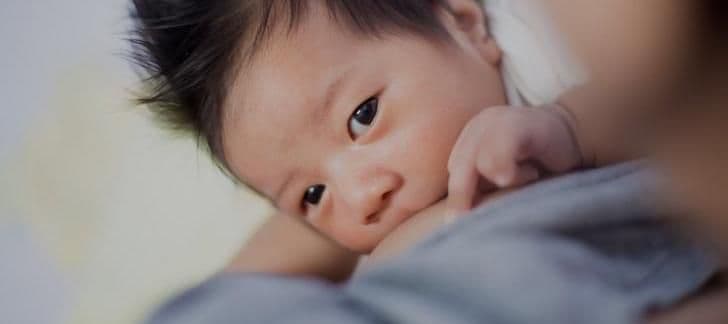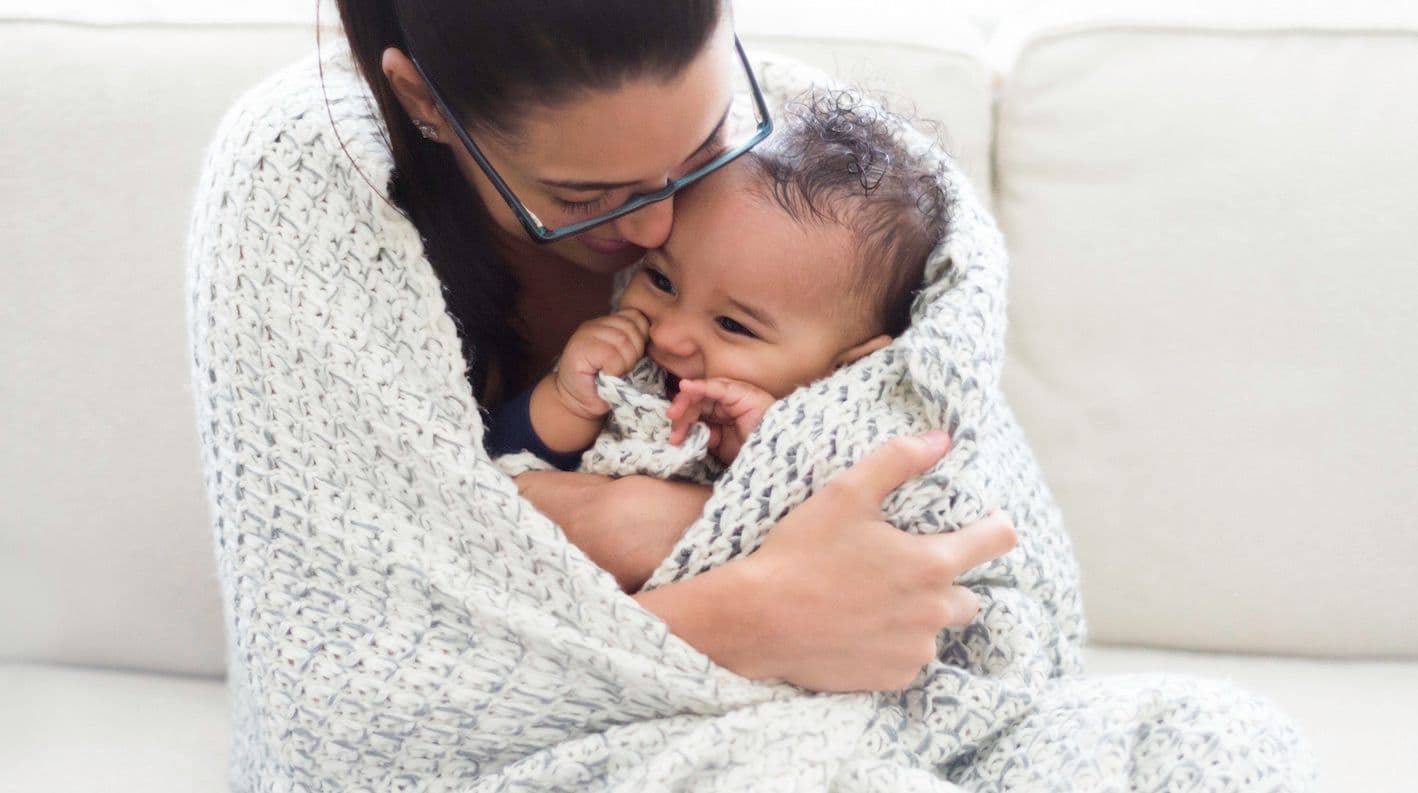If Your Newborn’s Hearing Isn’t Great, Get Another Test
Obie Editorial Team
Hearing is an essential part of your baby’s learning and cognitive development. If your baby couldn’t hear, you probably wouldn’t know it until it was too late and years of learning will have been wasted. For that reason, your baby will go through a hearing test after he or she is born. The test is simple and involves finding out whether or not your baby responds to auditory stimulation. Hearing loss is actually the most common birth defect in the United States, and two or three otherwise healthy babies out of a thousand are born with the condition.
If your baby fails his or her first hearing test, it doesn’t necessarily mean that hearing is impaired. There is a myriad of reasons your baby might have failed. First, he or she might have been vastly overstimulated when the first test was performed. Babies can get easily distracted by all of the people surrounding them, so they might have instinctively been ignoring the test. Similarly, background noise could have been too loud, and your baby could have missed the sound of the stimulation. Finally, many babies that fail the initial hearing screening as infants had too much fluid in their ears from gestation. The condition will pass with time. Therefore, it’s extremely important that you get a second hearing screening if your baby fails the first.
A second exam is not required if your baby clearly passes the first exam. However, it’s important that you get a second screening done if your baby failed so that other possible factors can be ruled out. The second screening will also be simple and non-invasive. Usually, your doctor will perform this test before you and your baby leave the hospital.
If your baby passes the second exam, it’s a good sign that your baby was not born with hearing loss. If your baby fails, there’s a good chance your baby has an issue with hearing, and you’ll be referred to an audiology department. In this case, you shouldn’t automatically assume that your baby will never hear. Just as with the first exam, there are a number of factors that could produce a false negative result in the second.
It’s better that you know early if your baby has hearing problems. You can tailor your interactions and your baby’s learning plan so that hearing isn’t required, and he or she will develop more normally.
Source: Shanna Shulman et al: Evaluation of the Universal Newborn Hearing Screening and Intervention Program. Pediatrics Volume 126 Issue 1 August 2010









